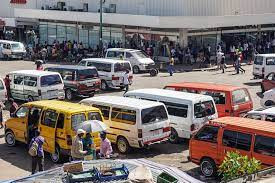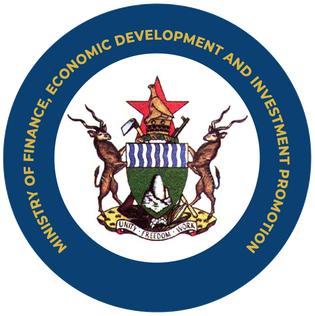
ON the bustling streets of the capital, Harare, a battle rages on; one that determines the fate of its citizens’ daily commute. The public transportation system, once a lifeline for countless commuters, has transformed into a hazardous and unpredictable journey.
It is a battleground where social, political and corporate conflicts intertwine, leaving hapless passengers at the mercy of unsafe roads and unroadworthy vehicles, and conflicting interests.
As dawn breaks over the city, the roads awaken with a cacophony of decrepit old buses, haphazardly driven minibuses, colloquially known as “kombis”; supported by the graceless and riskily agile “mushikashikas”, asserting their dominance with brazen disregard for traffic rules.
Many of these metal behemoths, even many without valid road licences, jostle for space, their unashamed presence reflecting the lawlessness that permeates the road system. And Zimbabwe’s traffic jungle continues to grow! What’s more, with limitless imported vehicles continuing pour in!
Wait a minute! The chaos extends beyond the vehicles and roads themselves. Conflicts of interest between the national and municipal police forces add another layer of complexity. As each entity vies for control and authority, the enforcement of regulations becomes inconsistent and often ineffective. The result? A lawless free-for-all where passenger safety is an afterthought, and the reckless endangering of lives becomes the norm.
To compound matters, precisely, at this time, Harare’s wretched road system is further plagued by unpredictable flash floods, turning the daily commute into a treacherous gamble. What should be a straightforward journey becomes a harrowing ordeal, as commuters wade through murky waters, their hopes of arriving safely dashed against the current and sometimes prolonged rains.
The consequences of this power struggle are far-reaching, with the future of public transport hanging precariously in the balance. If left unchecked, Harare risks being marooned in a perpetual cycle of chaos and danger, where commuters are condemned to endure a daily roulette with life and limb.
Critical analysts note that it is time for Harare to confront this crisis head-on, to rise above the murky waters that threaten its citizens’ safety and well-being. The battle for control of the public transportation system must be resolved, with a unified approach that prioritises passenger safety, infrastructural improvement, and the enforcement of stricter regulations.
Harare’s commuters deserve more than a perilous journey to their destinations; they deserve a reliable and efficient public transportation system that reflects the city’s aspirations for progress. The time has come for central government and local authorities to steer the city towards a brighter future, one where the chaos and danger on the roads are replaced by order, safety and a renewed sense of civic pride.
Experts observe that the battle for Harare’s public transportation system is a multi-faceted struggle that transcends mere road safety. It is a reflection of deep-rooted social, political and economic challenges that have hindered progress and left commuters with a daily dose of uncertainty and peril.
At the heart of this battle lies the urgent need for comprehensive road infrastructure upgrades. Harare’s roadways, funnily enough, a model of almost every road system across the country, plagued by potholes and inadequate maintenance, pose a grave threat to passenger safety.
The unpredictable flash floods in the face of climate change, exacerbate the problem, turning the roads into treacherous traps. Addressing these issues requires a collaborative effort between the central government and municipal authorities and infrastructural development agencies. Adequate funding, meticulous planning and timely execution are paramount to transforming Harare’s road system to one that prioritises safety and efficiency.
Equally critical is the need to tackle the pervasive issue of unroadworthy vehicles that dominate Harare's streets. The dilapidated big buses, minibuses, and the clumsy mushikashikas, defying basic road safety standards, not only jeopardise the lives of passengers, but also contribute to traffic congestion and environmental pollution.Critics point out that stricter enforcement of vehicle inspections, rigorous licensing regulations, and incentives for operators to upgrade their fleets are vital steps towards ensuring a safer and more reliable public transportation system.










